mr peabody
Bluelight Crew
- Joined
- Aug 31, 2016
- Messages
- 5,714

Where US psychedelic decriminalization efforts stand right now
by Alexander Lekhtman | FilterMag | Nov 15 2019
The cities of Denver, Colorado and Oakland, California made history this spring by decriminalizing psilocybin mushrooms (Denver), and all
The activists behind Decriminalize Denver have rebranded as SPORE and begun work on expanding psychedelic decriminalization beyond their borders to the halls of Congress.
To date, numerous activist groups on both coasts and in the South and Midwest have moved to implement decriminalization of personal use, possession or cultivation of naturally-occurring psychedelics like psilocybin mushrooms, ayahuasca, iboga, or San Pedro and peyote cacti.
This roundup is focused on city-level decriminalization efforts, and is by no means exhaustive. We should also note that there are two statewide efforts underway—to decriminalize in California and to legalize in Oregon. And at the federal level, Rep. Alexandria Ocasio-Cortez (D-NY) has called for decriminalizing psychedelics and funding research.

Berkeley, California
Filter previously reported on the efforts led by Alexander Williams to advance a Decriminalize Nature resolution through the City Council. Berkeley activists are confident that Oakland’s northern neighbor, a historically liberal bastion, will pass this reform unanimously.
Larry Norris of Entheogenic Research Integration & Education (ERIE) confirmed to Filter that the resolution is “on the agenda” for the Community Health Commission of the Berkeley City Council at its upcoming November 21 meeting. If it passes through that committee, it will then go to a full council vote. Norris estimates the full vote won’t take place until early 2020, given the holiday season.
In the meantime, Bay Area activists are continuing to build public support and education around the issue. “The actions we have taken so far include hosting an information and educational rally, hosting information tables at UC Berkeley, and dialoguing with the community leaders to see where support is needed,” Norris said.
“Historically, Berkeley has had a robust underground of people providing psychedelic guidance services, so we hope by reducing risk through advancing the resolution, those offering support and educational services can feel safer to be more visible to the greater population.”
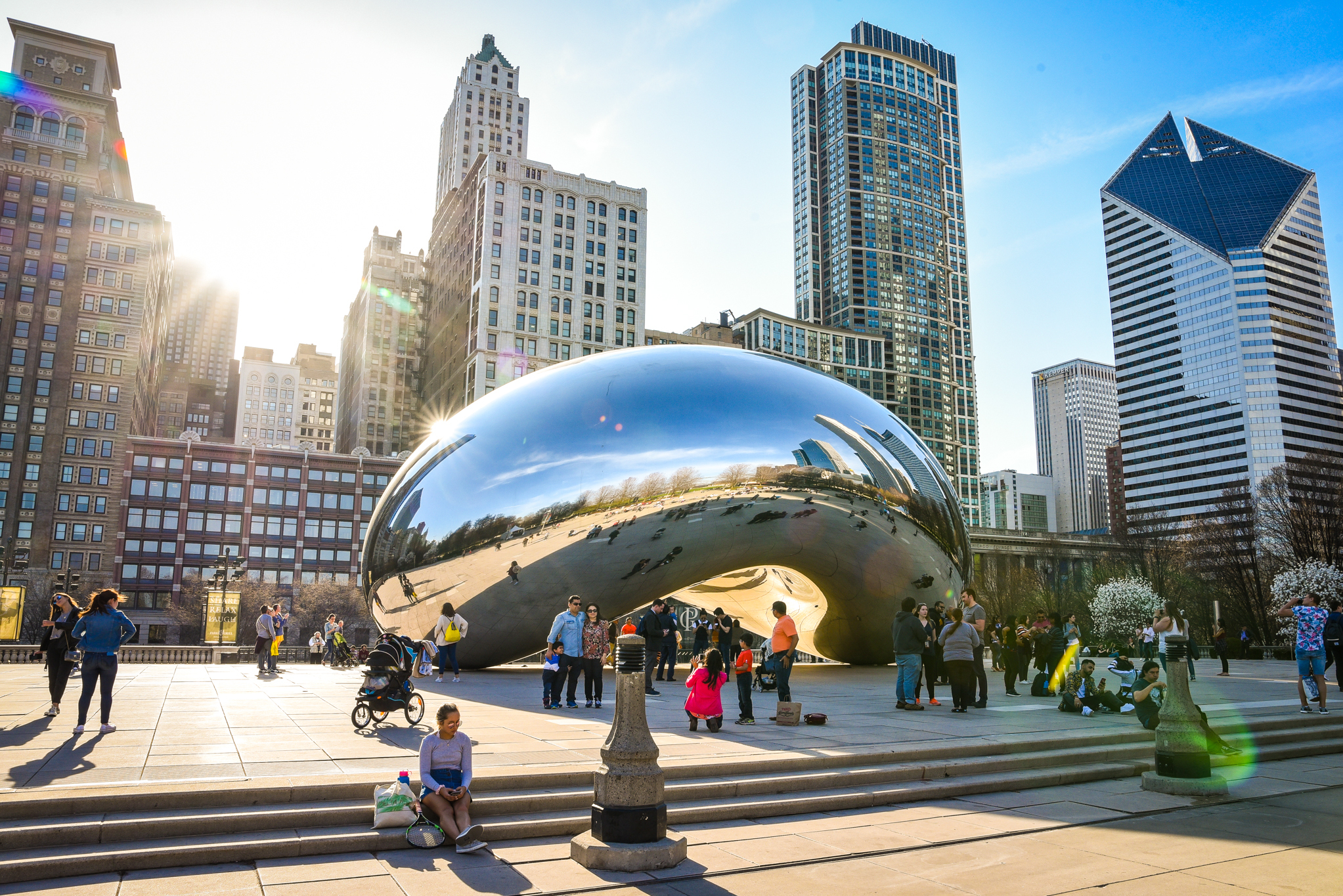
Chicago, Illinois
Psychedelic communities across the country were caught by surprise in late October when Psychedelic Science Review first reported on the Decriminalize Nature resolution proposed in the Chicago City Council.
Activists and journalists were confused by initial conflicting coverage of the reform, which organizer Larry Norris acknowledged to Filter: “Everyone wants to make sure the information is correct, and at that time there was a lot of confusion coming from media articles stating it was decriminalized even though it has not been decriminalized yet,” he said.
“We wanted to keep it low-key so it would get further along the process before it became more visible. But once someone posted the resolution from the Chicago City website it spread pretty quickly. It is exciting, though. Chicago will be a big statement for the nationwide movement!”
While the City Council website initially posted that the resolution had unanimous support to proceed to a full vote, it has since admitted that this was an error. Instead, the resolution has been referred to a committee where it will proceed through a regular legislative process. It is sponsored by 2nd Ward Alderman Brian Hopkins.
Local drug policy activists told Filter that they were also surprised by the proposal, and said they were not consulted or informed by Decriminalize Nature activists before it was introduced. “But we look forward to working with our local aldermen and other key stakeholders now that the resolution has been proposed,” said Vilmarie Fraguada Narloch, director of drug education at Students for Sensible Drug Policy. “I wish to ensure that factual and evidence-based resources are considered in the decision-making process moving forward, and that the most impacted local voices are heard on this issue.”

Columbia, Missouri
Central to efforts here has been 23-year old (Natarajan) Bharani Kumar, who is lobbying the City Council to draft a decriminalization resolution. Kumar is a student at the University of Missouri, and co-founder of the Crossing Paths PAC to support progressive drug policy in Missouri.
But while council members in the progressive city initially showed interest in the idea, momentum has since slowed. “Through my discussions with City Council members, there’s a very low chance that it will pass through council, since a majority of them are conservative when it comes to drug policy,” Kumar told Filter. “This means we would have to pass it through a ballot. During winter break, I definitely plan on starting the process to get decriminalizing nature on the ballot.”
Kumar and his colleagues also made an appearance at the 2019 International Drug Policy Reform Conference last week in neighboring St. Louis, where they met and spoke to some of the other Decriminalize activists visiting from around the country. They hope to receive further guidance as they embark on the next leg of their journey back home.
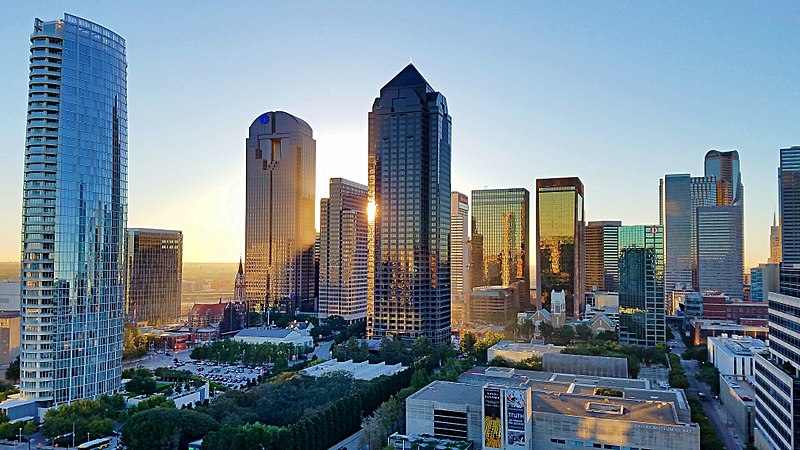
Dallas, Texas
Activists with Decriminalize Nature Dallas (DND) have announced to local media their efforts to bring psychedelic decriminalization to the South. Notably, they also want to include cannabis in the reform. Cannabis is not yet legal in Texas.
“I think our group’s decision to include cannabis as a natural entheogen stems from the fact that US cannabis laws are substantially contributing to a racist system of mass incarceration,” Tristan Seikel, DND co-founder, told Filter. “Given that Texas leads the country in terms of cannabis arrests and that there are very few cases of people being arrested for psychedelics in Dallas last year, we believe that it is both morally and practically necessary to include cannabis as the natural entheogen that it has always been.”
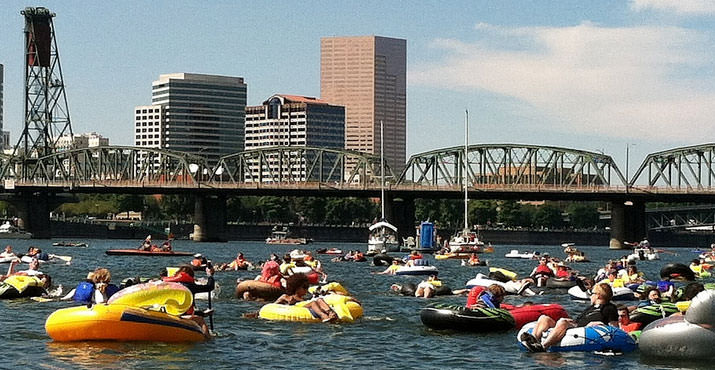
Portland, Oregon
In October, activists with Decriminalize Nature Portland (DNP) filed a ballot measure that they hope their fellow citizens will vote on directly. They initially wanted to also work through the City Council, but felt that a popular ballot would be the fastest route to achieve reform. The group now must gather at least 38,000 signatures to be certified for the 2020 ballot.
“The main benefit of going this route is that it is much stronger than a resolution,” Nick Combest of DNP told Filter. “A resolution is passed by City Council and can just as easily be overturned by City Council at any time. Our proposed ‘charter amendment’ will actually change the Portland city charter; it will prevent the city from making any new laws around natural psychedelics and prevent the city from enforcing state or federal law within the Portland city limits.”
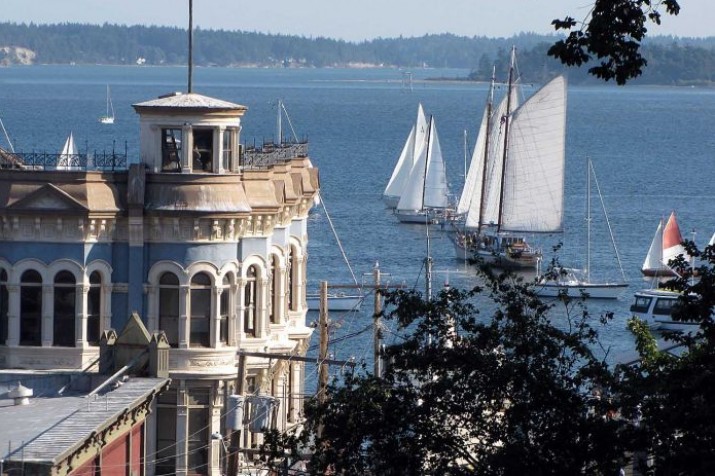
Port Townsend, Washington
A Decriminalize Nature resolution was proposed in this small coastal town near Seattle in July. But the initiative, led by Rebecca Ramsey and the Port Townsend Psychedelic Society, has stalled for the moment. Ramsey told Filter that due to a mayoral election, the city budgeting process and a newly-hired city manager, the Decriminalize proposal will not be considered until early 2020 at the earliest.
“As far as our progress, we are still working closely with city and county officials, as well as Decriminalize Nature Oakland,” said Ramsey. “We are also taking this time to develop our foundation deeper into the community and develop the tools we are hoping to offer to our community.”
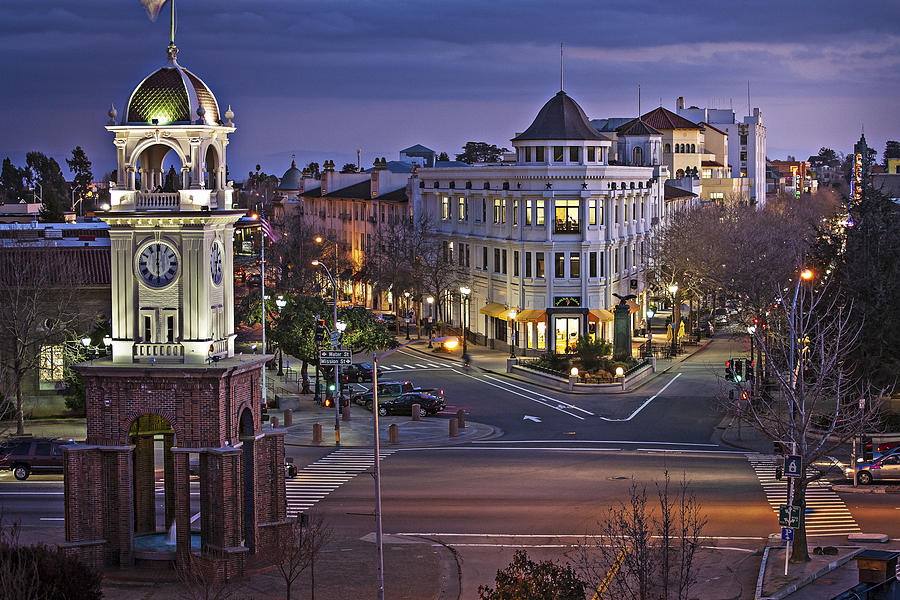
Santa Cruz, California
Marijuana Moment reported this week that Santa Cruz Vice Mayor Justin Cummings had introduced a decriminalize resolution modeled after the Oakland reform. The City Council held a hearing on November 12 to consider the proposal, with activists from Decriminalize Santa Cruz testifying in support.
Decriminalize Santa Cruz said on Facebook that the City Council voted to refer the resolution to the Public Safety Committee for a December 3 vote. If it passes the committee, the full City Council will vote on December 10.
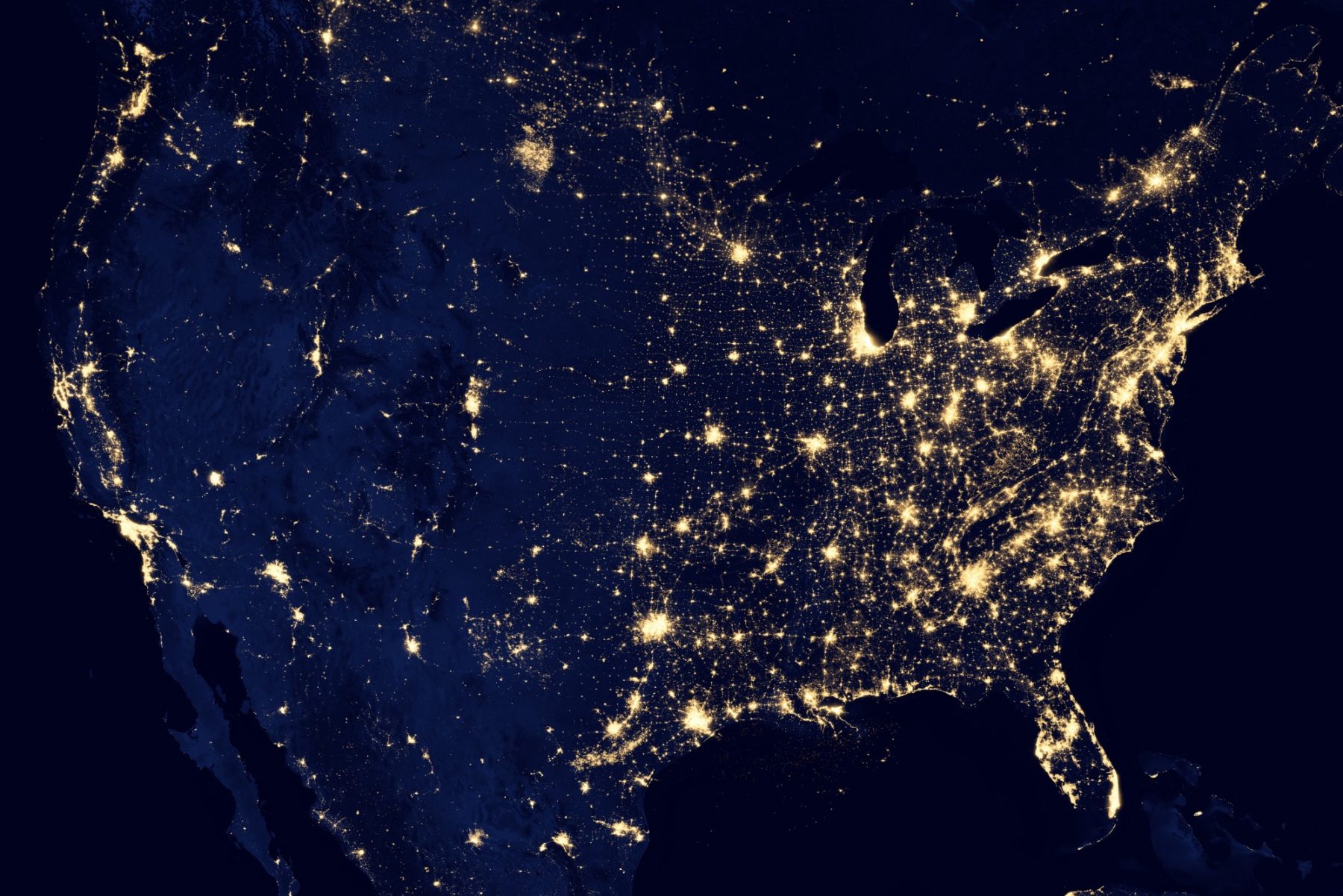
Where US Psychedelic Decriminalization Efforts Stand Right Now
Filter rounds up some of most advanced efforts underway in numerous cities, seeking to follow where Denver and Oakland led earlier this year.
Last edited:
